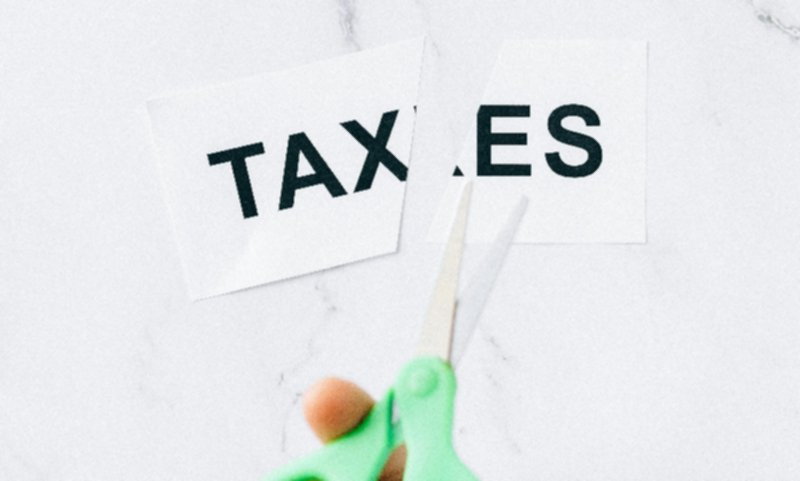HMRC Scam Calls in 2025: How to Recognize, Avoid & Report Them
HMRC Scam Calls: What Are They, How to Avoid and Report Them in 2025 explains common scams, warning signs, and how UK taxpayers can protect themselves.
In the most recent data up to mid‑2025, HMRC received thousands of scam call reports weekly—with many Brits falling prey to urgent-threat scams demanding immediate payment.
Why HMRC Scam Calls Are Still a Major Problem
Scammers are getting smarter. Many now use AI-generated voices, spoofed number displays, and convincing scripts to pressure victims, often demanding instant payment to avoid criminal charges.
Real-World Example
A recent campaign targeted elderly citizens, with attackers impersonating HMRC officers and threatening arrest unless “immediate” fines were paid via voucher or transfer—victims lost hundreds to thousands of pounds.
Recognizing Fake HMRC Calls
- Caller ID Spoofing: Fraudsters often fake HMRC numbers or show generic UK codes like “020 3”, “0300”, or mobile prefixes—don’t trust the caller ID alone.
- Threats or Urgency: “You owe tax—pay now or we’ll involve police”—this is a red flag. Real HMRC communications never use threats or demand immediate funds.
- Payment by Vouchers or Apps: Scammers ask victims to pay via preloaded vouchers, gift cards, or payment apps—this is never how HMRC collects fees.
- No Personal Details Provided: Fraudsters often lack precise reference numbers or use your name incorrectly—whereas genuine HMRC calls reference your full name and tax reference.
- Grammar & Tone: Poor script writing, rushed speech, and background noise are common in fraudulent calls.
How to Protect Yourself: Smart Practices
- If the call feels suspicious, hang up immediately. Never confirm or provide information over the phone.
- Initiate contact yourself via the official GOV.UK HMRC contact numbers or the HMRC app to verify claims.
- Do not pay with vouchers, gift cards, or transfer apps over the phone—even if pressured.
- Stay calm—scammers rely on fear to trick you. A genuine HMRC process would always allow time and provide written follow‑up.
- Raise awareness with friends and family, especially older relatives who might be prime targets.
How to Report HMRC Scam Calls
- Report via GOV.UK: Use the official HMRC form to report fraudulent calls—provide as much detail as possible (caller number, call time/content).
- Action Fraud (England/Wales/Northern Ireland): Call 0300 123 2040 or report online. (Scotland: contact Police Scotland via 101.)
- Contact your phone provider: Ask them to block the number or most importantly to flag suspicious activity on your line.
According to the NCSC, hundreds of calls are reported each week via the 7726 forwarding service—helping mobile networks take down scam campaigns faster.
Summary: Your Rapid Response Guide
- Hang up suspicious calls immediately.
- Use official HMRC channels to verify requests.
- Never pay over the phone using unconventional methods.
- Report the scam promptly to HMRC, Action Fraud, and your phone provider.
- Share awareness—protection starts with you.


